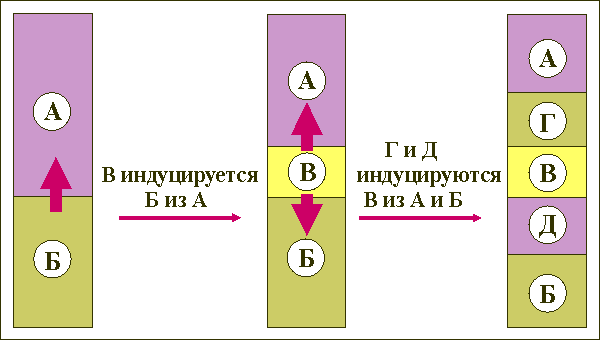LACTOFERRIN AND ITS BIOLOGICAL FUNCTIONS
T. G. Kanyshkova, V. N. Buneva, G. A. Nevinsky Novosibirsk Institute ofBioorganic Chemistry, Siberian Division of the Russian Academy of Sciences, ul. Lavrentieva 8, Novosibirsk, 630090, Russia; fax: (3832) 33-3677, E-mail: Nevinsky@niboch.nsc.ru Lactoferrin, a component of mammalian milk, is a member of the transferrin family. These glycoproteins transfer Fe3+ ions. Lactoferrin is a unique polyfunctional protein that influences cell proliferation and differentiation. It may regulate granulopoesis and DNA synthesis in some cells. Lactoferrin inhibits prostaglandin synthesis in human milk macrophages and activates a nonspecific immune response by stimulating phagocytosis and complement. It can interact with DNA, RNA, proteins, polysaccharides, heparin-like polyanions, etc.; lactoferrin exhibits some of its effects in complexes with ligands. Recently, it has been demonstrated that it also possesses ribonuclease activity and is a transcription factor. The list of biological activities of lactoferrin is constantly increasing. This review analyzes possible mechanisms of its polyfunctionality.
